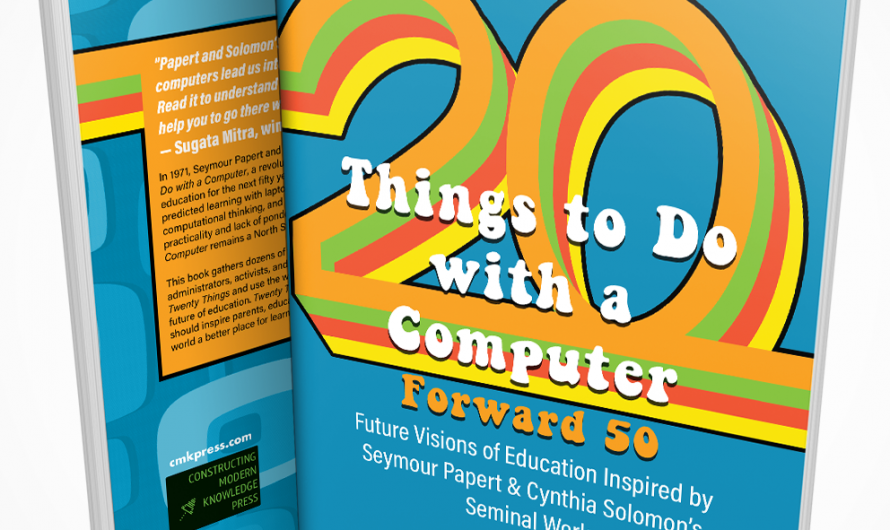Find Your Tribe! Don’t Miss Amazing Conversations!
Last week’s discussion of our new book, Twenty Things to Do with a Computer Forward 50: Future Visions of Education Inspired by Seymour Papert and Cynthia Solomon’s Seminal Work, reminded me what attracted me to educational computing and the potential of schooling. The joy and radicalism of the conversation moved me deeply and reminded me how important it is to find one’s tribe.


